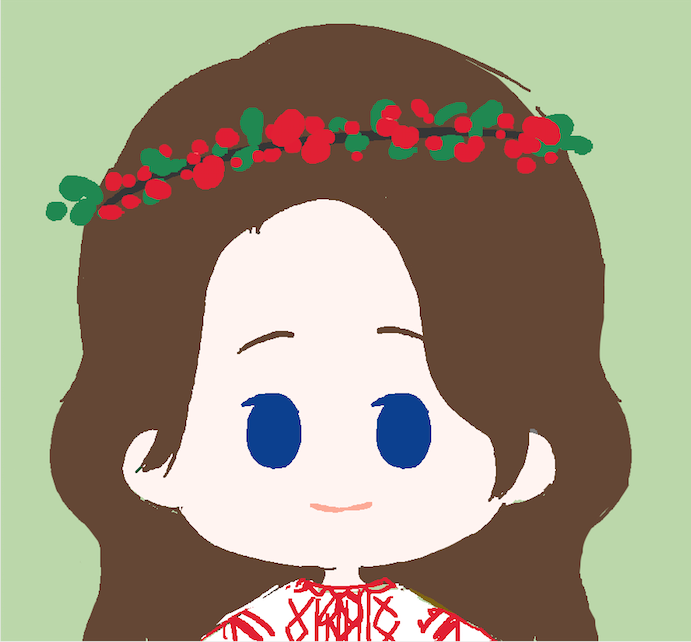In written Japanese, the length of vowels 長音/cho:on/ is indicated by the syllables あ - a , い - i, う - u, え - e, お - o, which immediately follow them.
あ - a
"a" is lengthened with additional "a": おかあさん (okaasan, “mother”) and おばあさん (obaasan, “grandmother”).
い - i
1)"i" is lengthened with additional "i": おにいさん(oniisan, “older brother”);
2)syllables in words of Chinese origin ending in "e": とけい(tokei , “clock”), がくせい(gakusei, “student”). It is necessary to pronounce here the long sound "e", and not the combination of vowels "ei".
え - e
"e" is lengthened with additional "e": おねえさん (oneesan, “older sister”).
う - u
1)"u" is lengthened with additional "u": ふつう(futsuu, “usually”), くうき(kuuki, “air”), ぐうぜん(guuzen, “accidentally”);
2)in the vast majority of cases is lengthened with additional "o": ひこうき(hikouki, “plane”), れいぞうこ(reizouko, “refrigerator”), ぶんぽう(bunpou, “grammar”). It is necessary to pronounce here the long sound "o", and not the combination of vowels "ou".
お - o
There are exceptions when "o" is lengthened by the syllable "o": おおきい(ookii, “big”), とおり(toori, “street”), とおい(tooi, “far”), こおり(koori, “ice”), とおか(tooka, “tenth number”) etc.
あ - a
"a" is lengthened with additional "a": おかあさん (okaasan, “mother”) and おばあさん (obaasan, “grandmother”).
い - i
1)"i" is lengthened with additional "i": おにいさん(oniisan, “older brother”);
2)syllables in words of Chinese origin ending in "e": とけい(tokei , “clock”), がくせい(gakusei, “student”). It is necessary to pronounce here the long sound "e", and not the combination of vowels "ei".
え - e
"e" is lengthened with additional "e": おねえさん (oneesan, “older sister”).
う - u
1)"u" is lengthened with additional "u": ふつう(futsuu, “usually”), くうき(kuuki, “air”), ぐうぜん(guuzen, “accidentally”);
2)in the vast majority of cases is lengthened with additional "o": ひこうき(hikouki, “plane”), れいぞうこ(reizouko, “refrigerator”), ぶんぽう(bunpou, “grammar”). It is necessary to pronounce here the long sound "o", and not the combination of vowels "ou".
お - o
There are exceptions when "o" is lengthened by the syllable "o": おおきい(ookii, “big”), とおり(toori, “street”), とおい(tooi, “far”), こおり(koori, “ice”), とおか(tooka, “tenth number”) etc.


